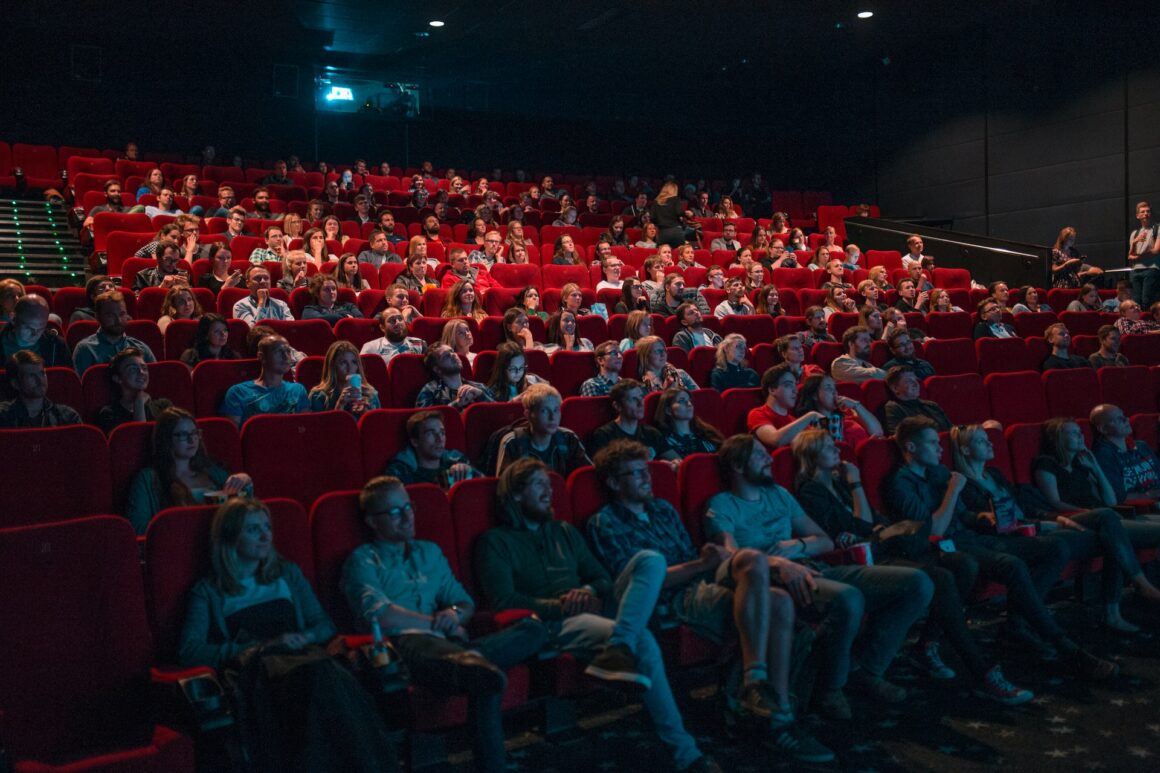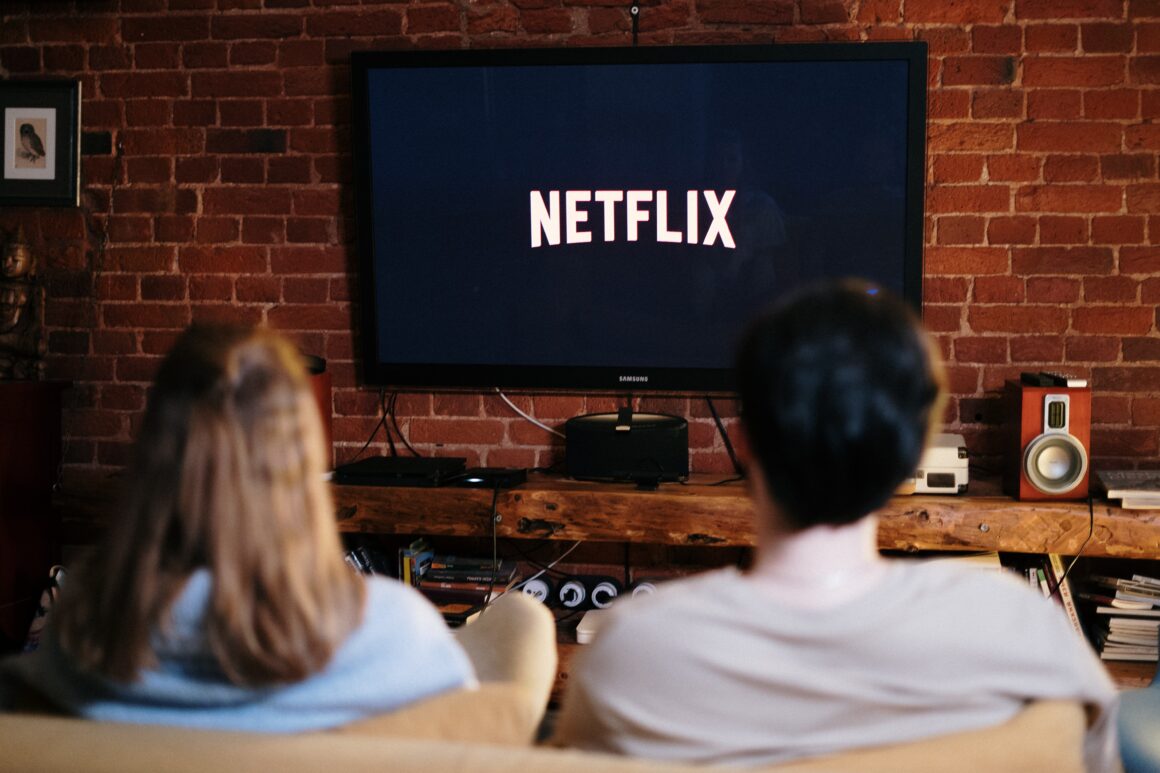Two years ago, Glee ended it’s six season run. Glee left the air with 6 Emmy Awards, 4 Golden Globes, and a record setting 207 songs the Billboard 100. However beyond awards and singles, Glee also left a lasting impact and legacy that extends beyond the realm of television.
Glee aired in 2009, just six months after Prop 8 (a measure banning same-sex unions) was passed in California, so it meant the world to me. At age 9, I could not list a single gay or Asian main character that served as anything other than comedic relief. Yet here was a show that represented different facets of myself and my family in a time where it seemed like the nation was going backwards rather than forwards.
Glee did it’s best to be diverse and inclusive dealing with issues such as race, teen pregnancy, disability, sexuality, and gender in the context of high school. This high school platform along with the long running storylines allowed the audience to relate these contested issues to characters. At it’s height Glee averaged around 10 million viewers per episode, which meant that the messages from the show were brought into the lives of everyday Americans.
In 2009, only 37% of Americans favored gay marriage, but in spring of 2015, 57% of Americans favored gay marriage. While I’m not saying that Glee and it’s 2009-2015 run is responsible for this 20% shift in ideology, it was a leader in the media’s push towards inclusivity, which in turn had a major impact on Americans.
Personally, I always felt like Glee spoke directly to my needs. As an Asian American I was constantly blown away with Mike Chang and to a lesser extent Tina Cohen-Chang. Mike was a minor character who was known for three things prior to season three; his abs, his dancing ability, and his spot on the football team. Mike was not your stereotypically nerdy Asian man, he was instead characterized as an artistically talented hot jock who was at a cross road as to his identity as an Asian and his future as a dancer. As a member of the LGBTQ+ community I had the privilege of seeing major characters such as Kurt, Blaine Santana, Brittany, and Coach Beiste grow in themselves and in their identities and finally get that happy ending. Blaine was perhaps the most influential character for me due to his status as a gay teen heartthrob played by a part Asian man.
While Glee had it’s ups and downs, it’s hard to deny that this show was groundbreaking for a multitude of reasons. Glee shattered many barriers in music as well as in society, leaving a legacy of inclusion, love, and acceptance that has had a profound influence on not only me, but on many throughout the world.




